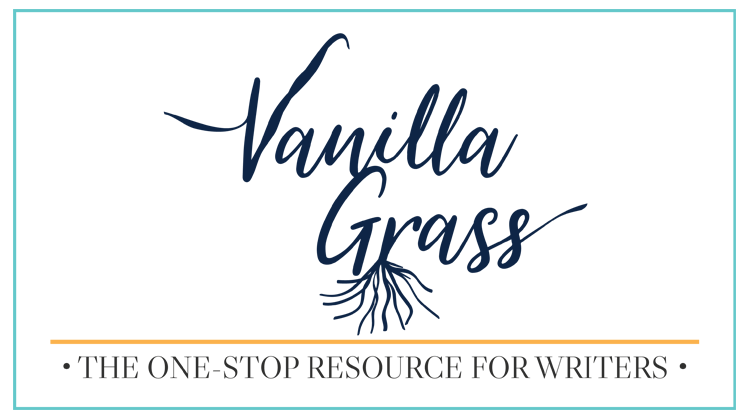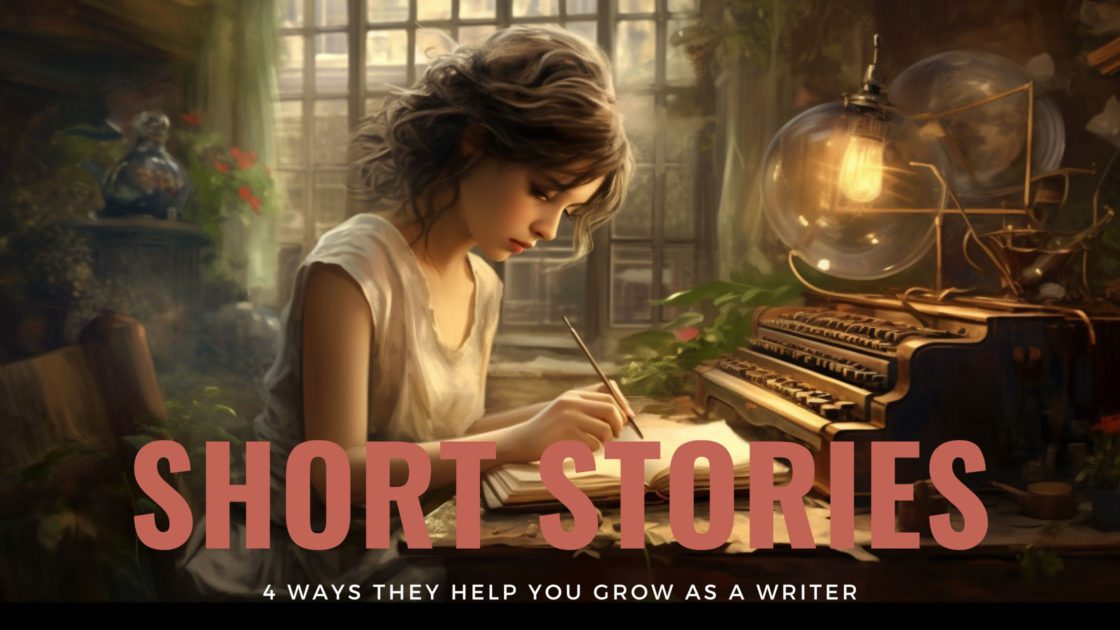
Many writers’ ultimate dream is to become a novelist. And it’s no wonder! Writing a novel is an incredible achievement, and often where you’ll find the largest readership.
But there’s another, slightly less glamorized form of writing, which is worth turning your attention to: the short story.
While less widely read, there’s a reason why many great authors (think Virginia Woolf, Neil Gaiman, Stephen King) got their start with short stories and continue to promote the form as a place to explore and experiment.
As well as being a beautiful and rich art form in its own right, short story writing can impart some essential skills on authors.
Having been part of the judging team for the Reedsy Prompts contest for a couple of years now, I’ve interacted with a lot of authors who have shared with me the ways that regularly writing shorter pieces has impacted their work for the better.
So let’s take a look at four ways writing short stories could help you grow as a writer.
Building a consistent writing habit

One of the most valuable — albeit unglamorous — tools in a writer’s box is their ability to simply sit down and get words on the page on a regular basis. Whether those words are any good is a secondary, and far less important matter.
But developing a strong writing routine, where you consistently carve out time to work, is an essential part of getting projects finished. And you know what they say: it takes 10,000 hours to master a skill.
Short story writing can be an enormous help in building up a strong writing habit. Setting time-based challenges, such as completing a story within a week (as we ask writers to do every week over at the Reedsy Prompts contest), builds up your writerly muscles via manageable, bite-sized writing sprints.
If the prospect of writing an entire novel is daunting, starting with shorter projects will allow you to get into your writing groove and establish what does and doesn’t work well for your productivity, in a low stakes, low commitment way.
Then, you can apply those new skills to any project you want to tackle next, big or small.
Experimenting with genre

When choosing what to write, many authors feel naturally drawn to one genre above others, often based on their own reading preferences. But what about those of us who are genre hoppers and don’t know what type of story we’ll most enjoy writing? What about those of us who are afraid to commit?
Short form stories are a great way of trying on different writing hats, and an opportunity to experiment and find out what type of stories you actually like to write. One day you could be writing horror, the next literary fiction, the next historical romance.
And if you realize half-way through writing your vampire thriller that, actually, you’re more of a sci-fi writer, that’s okay — you haven’t sunk too much time into a project which isn’t fulfilling, and you can move onto the next quickly, hopefully having picked up some new knowledge along the way.
Putting your character development and world building to the test

Don’t get me wrong: short stories aren’t easier than novels, but they are shorter.
In fact, the word count restrictions can be a serious challenge. But sometimes, those same restrictions encourage your best creativity. It forces writers to think carefully about every detail they choose to include and how they structure their stories.
For that reason, short story writing is a great training ground for writers of all kinds who want to become more intentional and level up their skills quickly.
How better to test your character development skills than trying to make a reader fall in love with your hero over the course of just a few pages?
And in what other scenario are you forced to create a recognisable world with the help of only a handful of scenes?
If you’re able to create compelling characters and settings in a short story, it follows that you should be able to do the same in any format.
Short story writing is therefore a great place for writers to cut their teeth and practice the core skills required for all forms of fiction—and, indeed, any nonfiction where painting a picture quickly comes in handy.
Allowing yourself to face rejection (and learn from it)

The wonderful thing about short story writing is that there are plenty of opportunities for publication, from online magazines to literary journals, and the barrier to entry is less complex than other forms of publishing.
Unlike writers submitting a novel for publication, who will need to dedicate a lot of time and have a lot of expert knowledge — such as how to write a query letter and which agents to approach — short story writers are able to do most of the work themselves.
They’re welcome to submit their own work directly, and don’t need to wait for an agent to cosign them. This means that, if you’re into it, there are a lot of chances to get your work out there.
Naturally, this doesn’t necessarily always pay off, and you’re likely to receive far more rejections than acceptances. But this can actually be a great thing for developing a thick skin, and for shoring up your identity as a writer who is writing for themselves, over and above any external validation.
If you’re able to take rejection on the chin and keep on writing and sharing your work, you’re in great stead to eventually reach your publishing goals — and to enjoy yourself as you do it.
Rose Atkinson-Carter is a judge for the Reedsy Prompts contest, and writes for the Reedsy blog. There, she shares resources for authors on all manner of topics, from the best writing software to how to find a ghostwriter.




